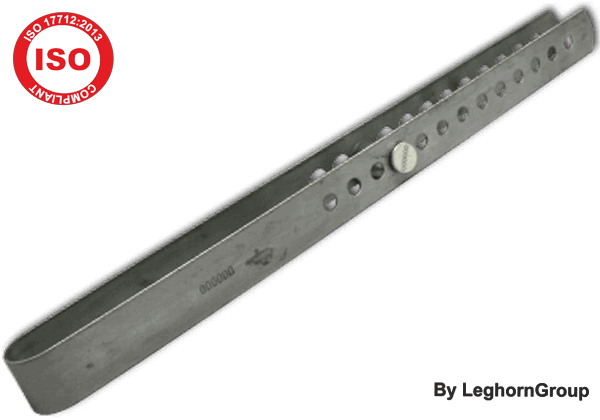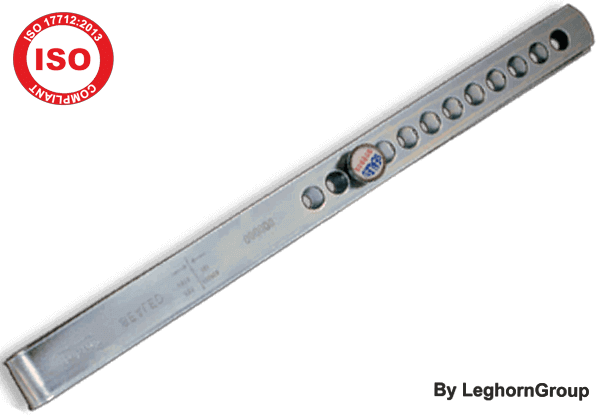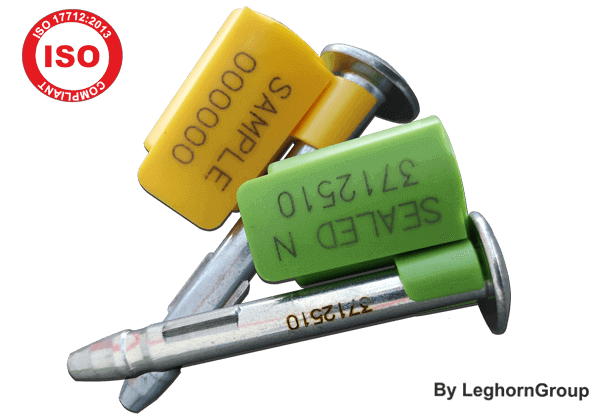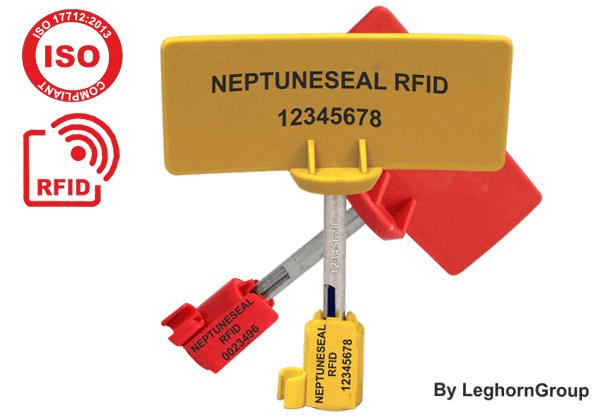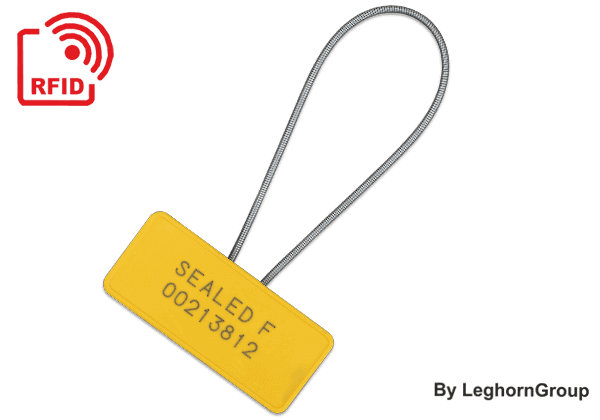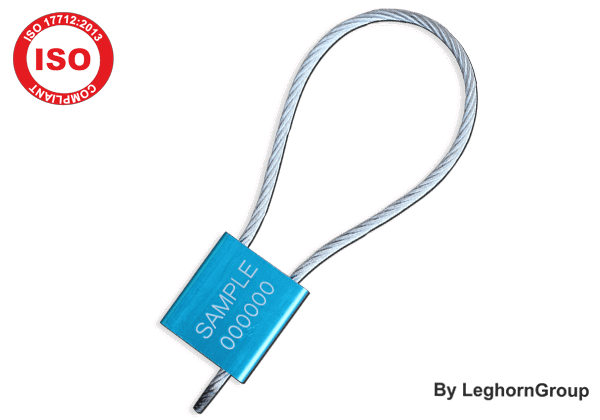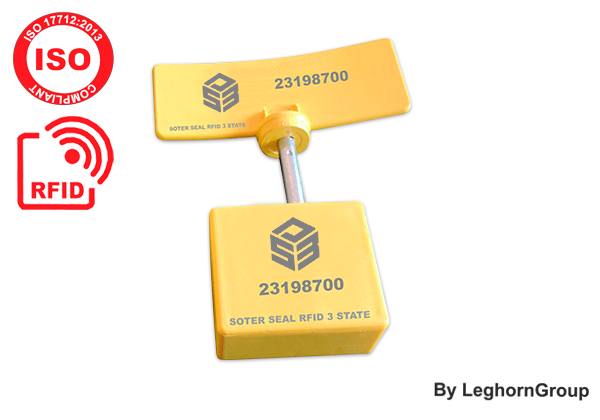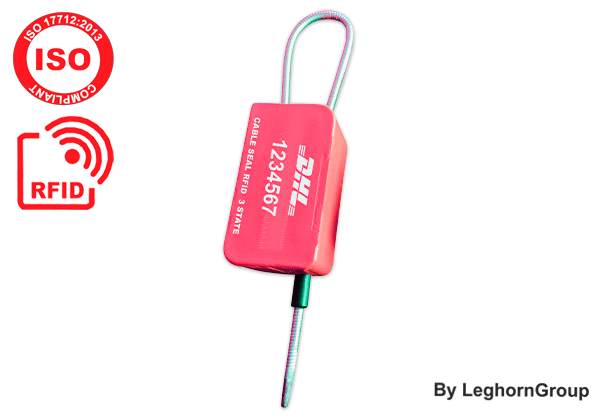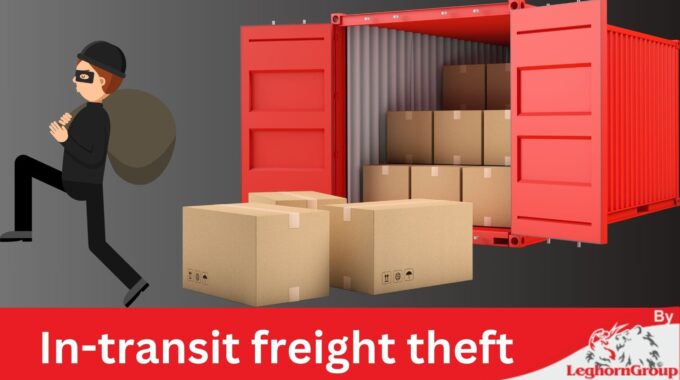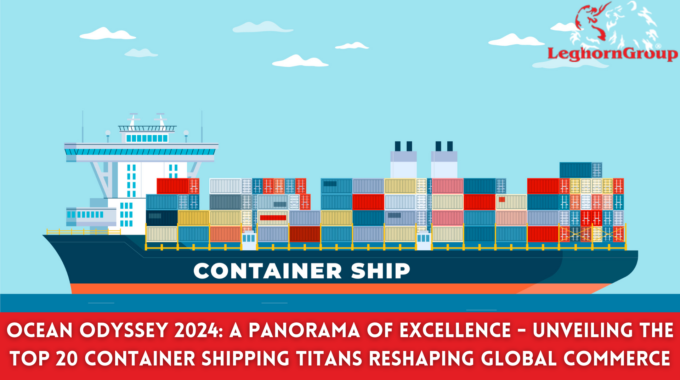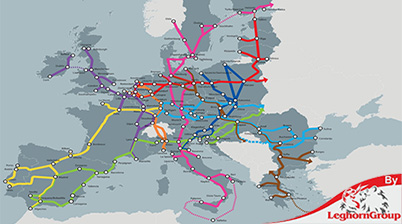In-transit freight theft has always been of great importance, since in addition to the damage…
We often hear about cargo seal in the world of shipping. But what are they?
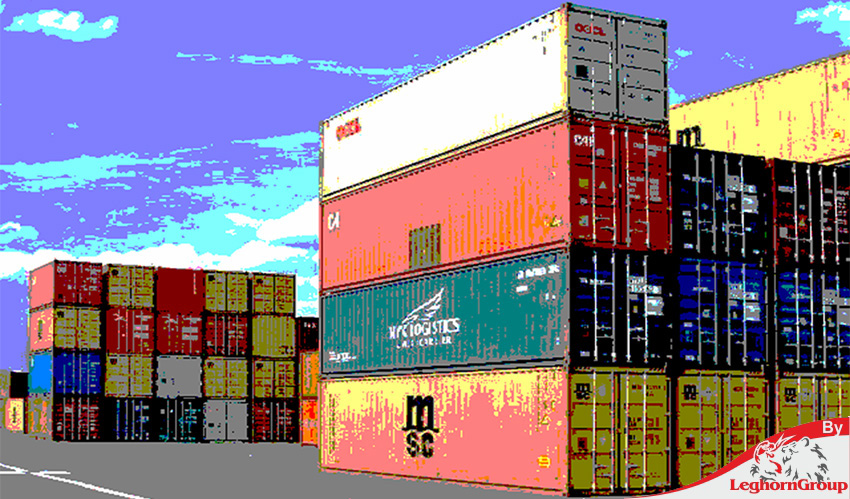
Cargo seals are strictly linked to cargo shipping.
Cargo shipping is the transport of goods by specialized ships that carry different types of goods such as oil, scrap metals, white-goods, iron ore, diesel and petrol, food and drink, electrical and electronics equipment, raw materials for manufacturing and commodity bulk cargo such as coffee.
The majority of consumer goods are carried by container ships which are sealed with cargo seals. It’s about 20-foot long containers, known as twenty foot equivalent units (TEU).
The largest vessels commissioned in 2019/2020 can carry up to 23,000 TEU and these are deployed predominantly on the most profitable China-US Pacific routes.
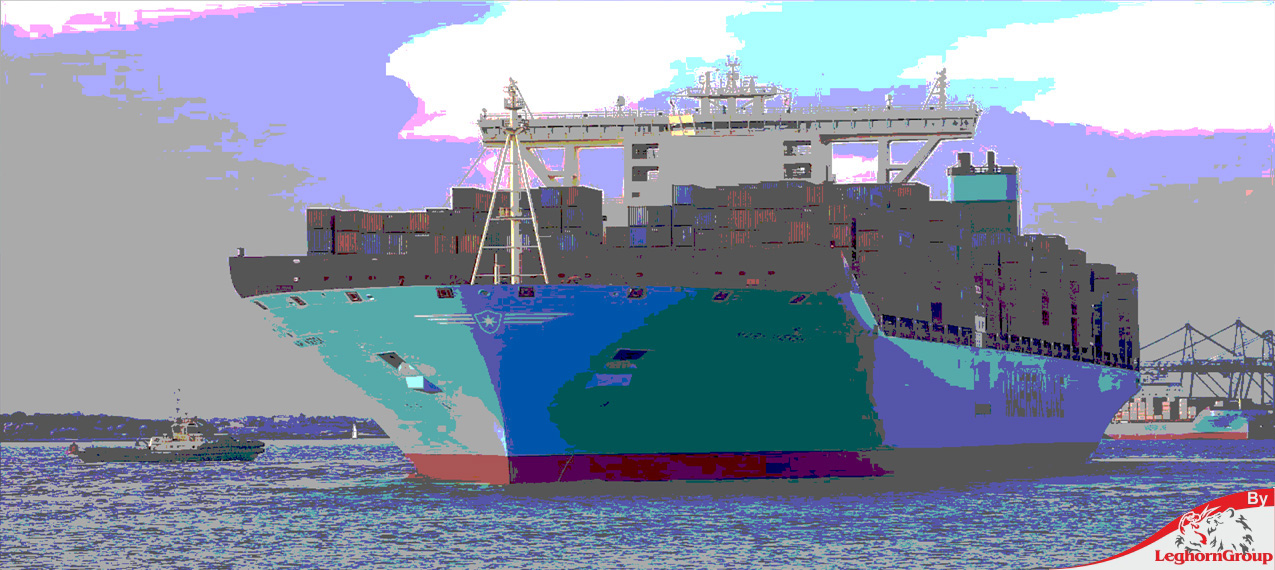
The COVID-19 pandemic has caused major fluctuations in trade across the world, and this affected container shipping and carriers. Profits have improved substantially, in some cases by record margins, as consumer demand has boomed, coinciding with high freight rates and low bunkering prices. Also cargo seals have been affected by high increases. However their cost remains irrelevant compared to their service/use.
Cargo seals must be compliant with ISO 17712:2013 (High security container seals).
They are divided into two large groups:
Traditional cargo seals (mechanical seals), RFID cargo seals ( with RFID technology)
-
Security UHF RFID Cable seal
Metal Cable Security Seal working with passive UHF RFID, radiofrequency automatic identification. Available with identification only or also with tamper evidence built-in capability
-
Bolt lock UHF RFID three-state e-seal SOTER SEAL
UHF RFID bolt-lock seal, it can provide its status information, UNLOCKED, LOCKED or TAMPERED, which is stored in the RFID chip. Compliant with ISO 17712:2013
-
Cable lock UHF RFID three-state e-seal MYRMIDON SEAL
UHF RFID metal cable-lock seal, it can provide its status information, UNLOCKED, LOCKED or TAMPERED, which is stored in the RFID chip. Compliant with ISO 17712:2013
The container is the unit of cargo used for the intermodal transport of goods.
With the international agreements in the 70s, the standardization of the dimensions, the measures and the volumes of the container has been realized, and the diffusion of the Container ISO – International Organization for Standardization for the aerial, marine and terrestrial transports.
Cargo seals are the first and the last line of defense of all goods transported in containers.
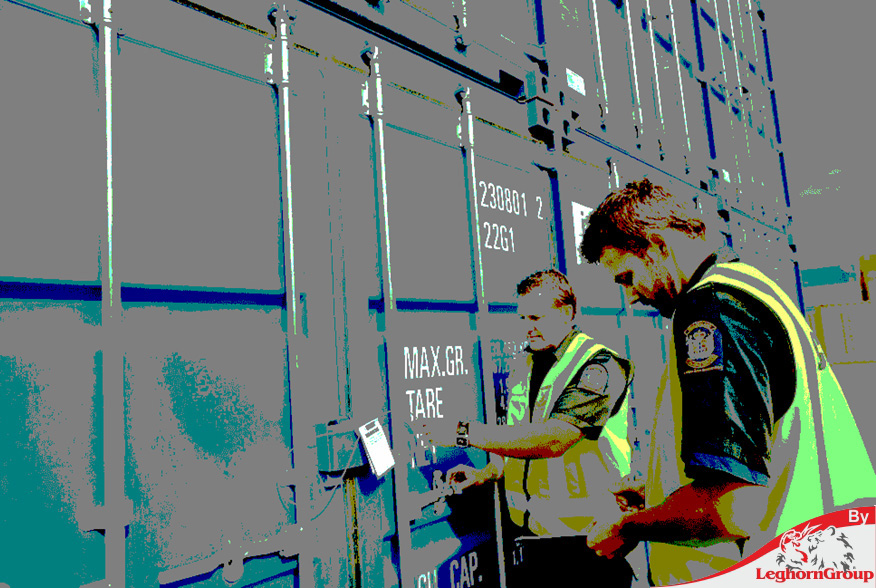
© 2021 LeghornGroup IT Team 7401-A547

